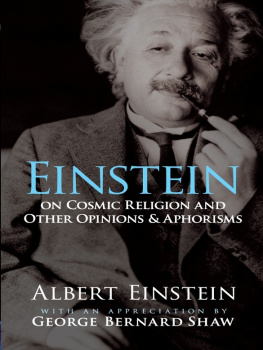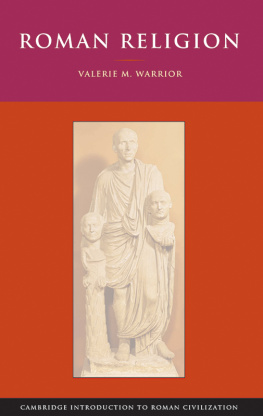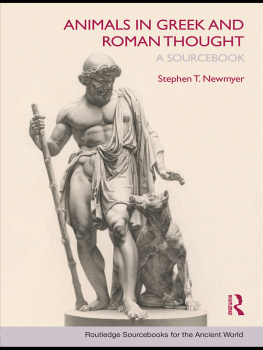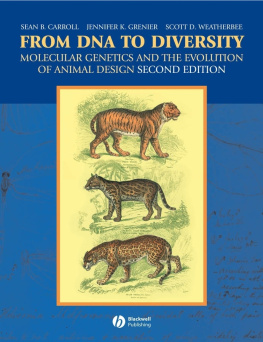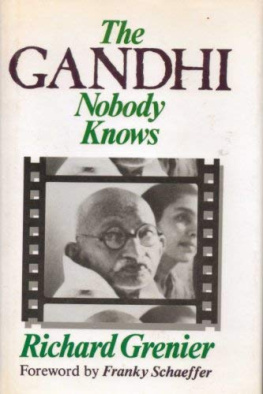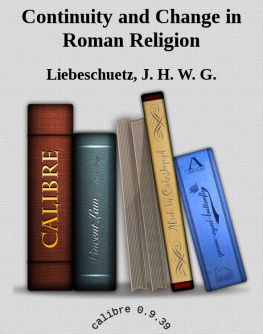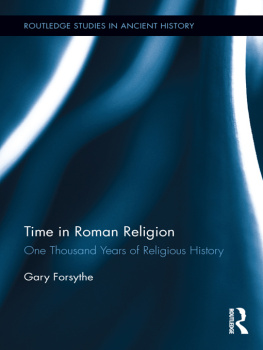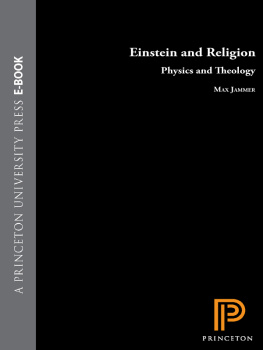THE HISTORY OF CIVILIZATION
THE ROMAN SPIRIT
THE HISTORY OF CIVILIZATION
General Editor C. K. Ogden
The History of Civilization is a landmark in early twentieth Century publishing. The aim of the general editor, C. K. Ogden, was to summarise in one comprehensive synthesis the most recent findings and theories of historians, anthropologists, archaeologists, sociologists and all conscientious students of civilization. The History, which includes titles in the French series LEvolution de lHumanit, was published at a formative time in the development of the social sciences, and during a period of significant historical discoveries.
A list of the titles in the series can be found at the end of this book.
First published in 1926 by Routledge, Trench, Trubner
Reprinted in 1996, 1998, 1999 by Routledge
2 Park Square, Milton Park,
Abingdon, Oxon, OX14 4RN
&
270 Madison Ave,
New York NY 10016
Routledge is an imprint of the Taylor & Francis Group
Transferred to Digital Printing 2008
1996 Routledge
All rights reserved. No part of this book may be reprinted or utilized in any form or by any means electronic, mechanical, or other means, now known or hereafter invented, including photocopying and recording, in any information storage or retrieval system, without permission in writing from the publishers.
British Cataloguing in Publication Data
ISBN: 0-415-15582-7
ISBN Roman Civilization (6 volume set): 0-415-15613-0
ISBN History of Civilization (50 volume set): 0-415-14380-2
ISBN: 978-1-136-19790-1 (epub)
Publishers Note
The publisher has gone to great lengths to ensure the quality of this reprint but points out that some imperfections in the original may be apparent.
ROME AND GREECE
ROME AND GREECEthis was originally to have been the title of this volume. On consideration it seemed preferable to adopt as title the sub-title, slightly modified : The Roman Spirit in Religion, Thought, and Art.
It is true that when we study the life of the mind in Rome we encounter Greece. But Greek influence is at once more diffused and less dominant than is often supposed. For many years it filtered in, through the intermediacy of Etruria, and later of Campania and Sicily. When, afterwards, defeated Greece seemed to have conquered her conqueror, the seductions of Asia and Egypt were perhaps more potent than hers.
For this Foreword the title Rome and Greece presents no such disadvantage. In it I shall take up a traditional problem, the solution of which is, indeed, furnished by the illuminating inquiry of M. Grenier. If the whole book had borne this title, it would have been reduced to this single problem. Now, the object of our collaborator is very much widernamely, to determine, from its first very humble manifestations, a psychical germitself, no doubt, the result of ethnical mixtures and certain conditions of life, but appearing at a given moment in history and essential if one is to speak of a Roman spiritand then to follow this spirit of the people in its evolution. The special interest and the great merit of this work are that, without any preconceived idea, without philosophic theory, without belief in a Volksgeist, it constitutes a penetrating study in historical psychology. In other volumes of the same section the character of the Roman people is studied implicitly in its political life and the social organization which it created ; in this volume it is studied explicitly in the works of the mind. M. Greniers work is an important contribution to collective ethology.
I have tried elsewhere to showor at least it developed, not merely at the dictate of circumstances, but through the exercise of themarvellous power of assimilationwhich was characteristic of the Roman from the intellectual point of view.
As we have previously seen the dominant features here are practical sense and will-power. The Greek is inclined to speculation and the play of art and literature ; the Roman acts. For a long time active, outdoor lifework in the fields, civic duties, and the conduct or preparation of warseem to him the only occupations worthy of a free man. A full life is passed out of doors, in luce. Umbra, umbratilis secessus, life indoors, retirement, is good for women, at the most, or for sick men. What makes life interesting is business, negotium. All forms of physical and civic inactivity, otium, however studious, cast some discredit on the individual who indulges in them. Hard peasants, who have led a hard life, who have knownlong povertysustained constant struggles, and grown great and prosperous through their strict discipline and sense of realitiesthat is what M. Grenier first shows us in a summary full of vigour ; and in the striking portrait of Cato he sums up the moral physiognomy of early Rome?
One part of this book makes us see how the life of the mindreligion, thought, and artoriginally bore the stamp of this pragmatism, how speculative interest in religion and aesthetic interest in all its forms were here reduced to the minimum.
The reader may be referred to the Foreword of the volume on the Religious Thought of Greece for the study of the nature of religions and their role in human life. Of course, in Italy as elsewhere, the human being, by religion, interpreted the external world, in order to bind himself to it. We may compare the Roman of the earliest times to the primitive man whom the sociologist studies.Life is only consolidated by a certain foresight, by a certain power over things, which are based on a certain knowledge. The so-called prelogical mentality is all the more marked as a society crystallizes, as the minds in it become interconnectedas is noted in the case of the so-called primitive men who are in reality outcasts of civilization, isolated and degenerate.
In some excellent chapters M. Grenier brings out the very special character of the religion of the Romans. Lacking imagination, poetic, plastic, or metaphysical, they had, corresponding to the real world, an infinity of powers, numina, clearly defined in their function but ill-defined in their nature, forms, and relations. The instinct which personifies conceptsRenouvier says in his Introduction a la philosophic analytique de lhistoire, is here carried as far as possible, and to the point of creating more deities than were known even to the fertile Greeks. But once these gods were created, they remained without history, without legends. Their devotees entered into relations of worship with them, and were more concerned to make them propitious and to interpret their will than to learn about their private affairs. As for the attributes which determine the divine, they were taken sometimes from natural phenomena and more often from the endless series of the customs, conditions, and accidents of human life."



